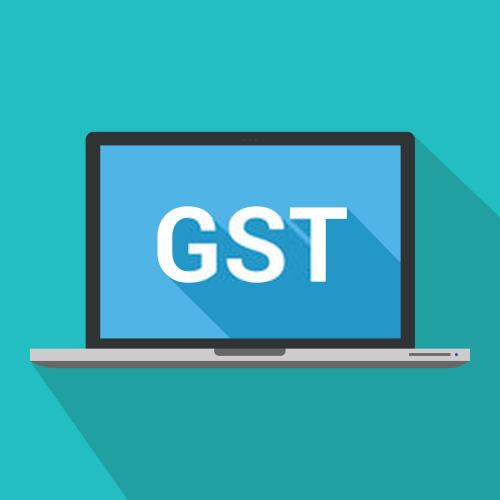What is need for GST Assessment?

One of the main tasks of the business firms and entities in India is to calculate and compute their tax liability under Goods and Services Tax Regime. The taxpayer must be sure about their GST liability to be compliant with the provisions laid under GST. GST Assessment is a process in which the tax liability of the taxpayer is determined and evaluated by assessing the documents. The Section 59 to Section 64, under Chapter XII of the Central Goods and Services Tax (CGST) Act, 2013 states the various ways and assessments for knowing the liability of the taxpayer under the GST.
Related Articles: Understanding and Explanation of GST Assessment
The different types GST Assessment are as follows-
1. Self-Assessment: It is one of the only types of GST Assessment that is carried out by the taxpayer or assesses on their own and not by the GST Officials. In this the taxpayer himself/ herself has to assess their GST Liability and the taxes to be paid without any assistance from the external sources. Once the self-assessment is completed the GST Return filing is to be completed accurately.
2. Provisional Assessment: There are times when the taxpayer is not been able to compute the taxes to be paid due to many reasons, in such scenario they can seek an assessment from the GST officials by making a provisional request. Such an assessment based on the request made in writing is called as provisional assessment under GST Assessment. Such requests are processed by the GST officer within 90 days from the date of making the application.
3. Scrutiny Assessment: This type of GST assessment is basically conducted to ensure that all the GST Returns filed by the taxpayer are in order. It is not performed to assess or compute the liability under GST. The GST Officer while performing the assessment, scrutinize all the returns filed by the taxpayer which he feels are not in line with records and data present on the GST portal. The officer is empowered to seek explanation from assesses wherever it seems necessary. In case the explanation provided by assesses within 30 days of the intimation, is satisfactory no further action is taken against them. But in case where the explanation seems unfit, the GST Officer can organize a GST Audit on assess.
4. Summary Assessment: A summary assessment can be invoked against any taxpayer by the GST officer wherever he may find any loophole or discrepancy in the GST Return filing. In cases where he finds that a miscalculation has been done affecting the revenue collection, the officer presents the same in front of the Joint or the additional commissioner to seek permission for further action or proceedings.
5. Best Judgment Assessment: This type of GST Assessment is conducted on the direction of the GST Officer. This type of GST Assessment can be ordered against these two classes of persons where the assessing officer uses the collected and available information to calculate the assesses liability-
· GST Assessment of non-filers: An assessment can be conducted on the registered person who has not filed their GST Returns on time. The taxpayer is served with a warning notice for filing the return. If the returns are not furnished in spite of the warning then the officer is likely to make a best judgment assessment by assessing officer to best of their knowledge taking into account all the available data.
· GST Assessment of unregistered individuals: The individual who does not have a GST Registration can also receive a notice from the GST Officer, if they are found liable for tax evasion. In such scenario the officer can demand and recover the taxes and interest and penalties that were not paid.
Post Your Ad Here
Comments